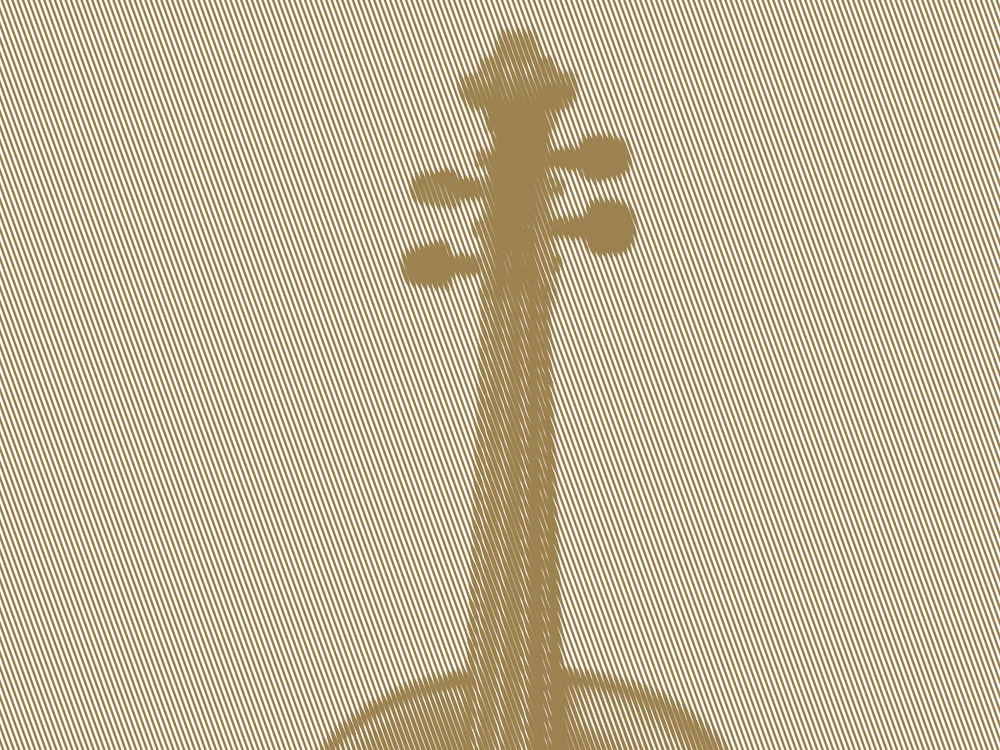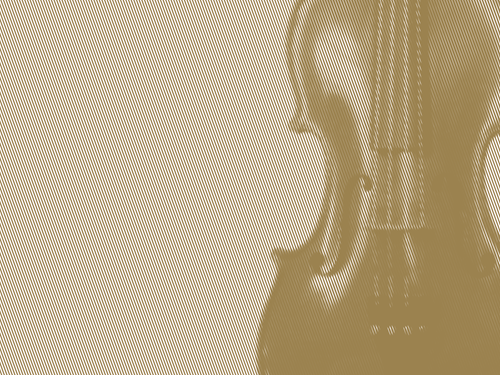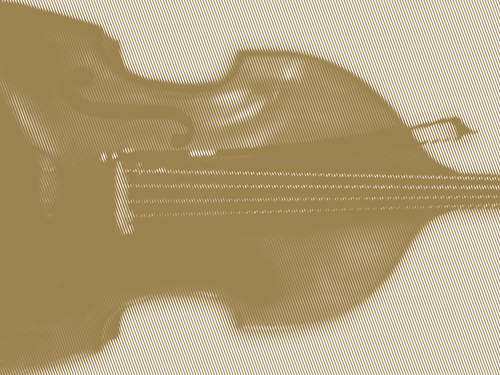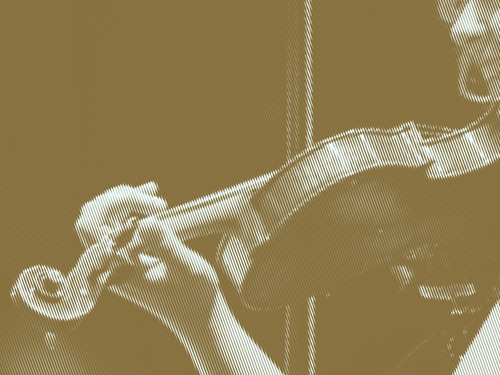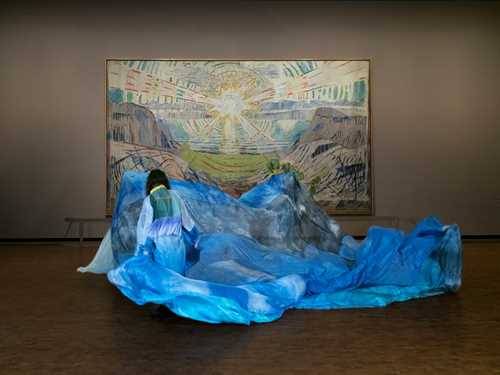Doors open 13:30
Event start 14:00
Duration: about 1 hour
Seated
Chamber concert with the Oslo Philharmonics
Geirr Tveitt: Velkomne med æra
Povilas Syrrist-Gelgota: Reflections
Manuel de Falla: El amor brujo
Uno Vesje: Dandelion
Astor Piazzolla: Oblivion
Astor Piazzolla: Café 1930
Tom Ottar Andreassen – flute
Povilas Syrrist-Gelgota – viola
Birgitte Volan Håvik – harp
Chamber music from five composers exploring national instrumental traditions: Uno Vesje and Geirr Tveitt (Norway), Povilas Syrrist-Gelgota (Lithuania), Manuel de Falla (Spain) and Astor Piazzolla (Argentina).
During the 1930s and 40s, Geirr Tveitt (1908–81) collected folk songs in Hardanger. He later arranged a selection of them in five suites titled A Hundred Folk Tunes from Hardanger. Velkomne med æra is based on an ancient ceremonial tune from Tveitt’s region.
Reflections, by Lithuanian-Norwegian Povilas Syrrist-Gelgota (b. 1976), is based on a melancholy Lithuanian wedding song dealing with the tension between longing for true love and society’s expectations of making a ‘sensible’ choice.
El amor brujo (1924) by Manuel de Falla (1876–1946) was inspired by the folk tale of a Gypsy woman haunted by the ghost of her unfaithful husband. Arranged by Francisco López, former solo flautist in the Oslo Philharmonic.
For Dandelion, Uno Vesje (b. 1989) took inspiration from Oslo’s Bjørvika – a tiny dandelion growing between the tram lines in Dronning Eufemias gate. The movements ‘Cypsela’, ‘Hibernating’ og ‘Blooming’ symbolise the three phases the flower goes through, and are also a portrait of the district and the people who inhabit it.
Astor Piazzolla (1921–92) was born in Mar del Plata i Argentina, but grew up in New York, surrounded by jazz, classical music and tango. He composed Oblivion in 1982 and Cafe 1930 in 1985 – the latter a part of his History of Tango.
Classic Sunday offers you an enchanting selection of classical music pieces from any and all historical periods, chosen and performed by musicians from the Oslo Philharmonic Orchestra.
